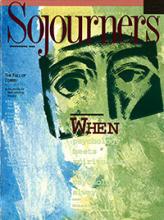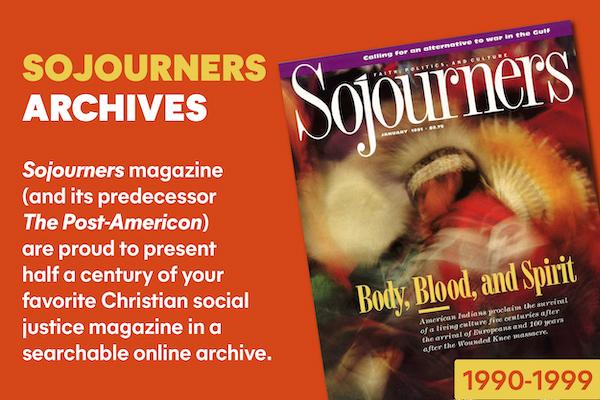When I was in high school in the early '80s, my American history teacher, Stephen Ochs (pronounced "Oaks") -- a small, youthful-looking preppie who was mistaken for a freshman more than once -- would tell me that "history is a seamless web." In other words, what goes around comes around.
As if to prove that the teacher is always right, I recently threaded my way back to my old stomping grounds, Georgetown Prep in Rockville, Maryland -- to reunite with Ochs, untangle the cat's cradle of his recently published book, Desegregating the Altar: The Josephites and the Struggle for Black Priests, 1871-1960, and give him a grade.
Dr. Ochs, chair of Prep's social studies department and still unpedagogically boyish looking, has woven an impressive historical web. More than 10 years in the making, Desegregating the Altar is a 500-page, compelling, and relentlessly footnoted tome which The New York Times described as "an exhaustive -- sometimes exhausting -- but sensitive examination of a specific instance of the mournful racism that afflicts Christians of all stripes."
This book makes it painfully clear that the Catholic Church hasn't always tendered good will to all -- particularly in late 19th-century America. Not even the St. Joseph's Society of the Sacred Heart, which sought to revolutionize the ecclesiastical apartheid system with missionaries from England sent to the United States after the Civil War, was free of indignities and stereotypes.
Read the Full Article

